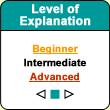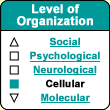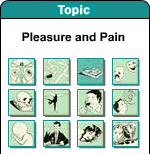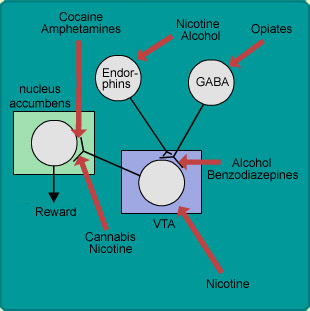|
|
| Funding for this site is provided by readers like you. | |
|
|
|
|
|||||
|
|
|||||||
|
|
|
|
|
|
|
|
All psychoactive drugs seem to increase the amount of dopamine in the reward circuit, either directly or indirectly.
Because neural communication is so plastic, a new equilibrium will gradually be established that incorporates this input of a psychoactive substance from outside the body. It is this adaptability of the brain that is the source of phenomena such as tolerance, dependency, and withdrawal (see boxes). But while all drugs do promote a certain dependency by increasing dopamine levels in the nucleus accumbens, dopamine is not the only molecule involved in this process.
|
|
||||||||||||||||||||||||||||||||||||||||||||||||||||
| |
|
|
|
|
|
|
|
|





